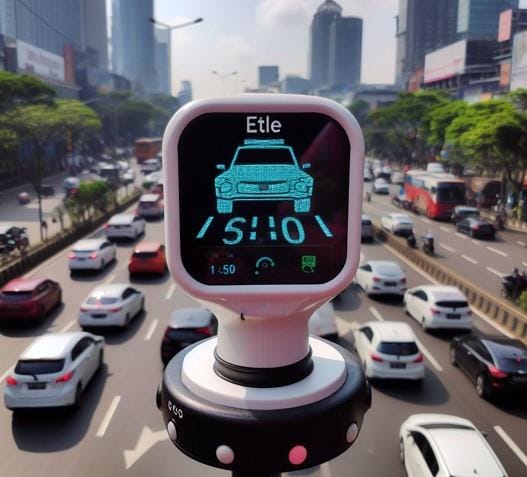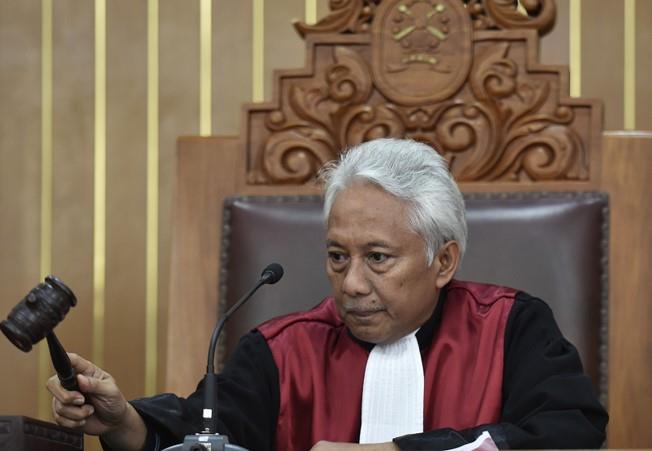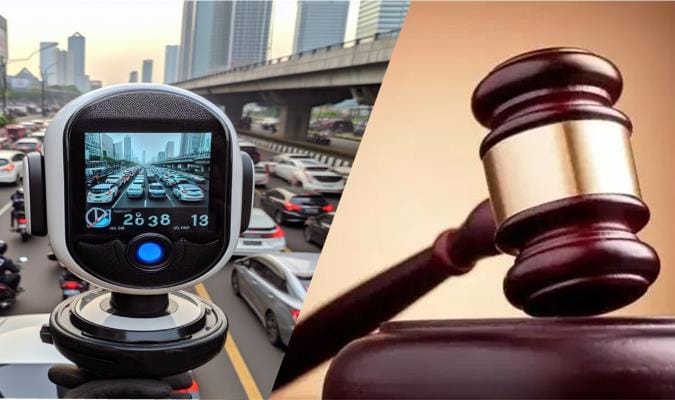For those of you who are subject to electronic tickets, you may ask where the ticket hearing is and what the process is. This article will explain to you.
The Supreme Court of the Republic of Indonesia has issued Regulation Number 12 Year 2016 Concerning Procedures for Resolving Traffic Violation Cases.
In this regulation, it is stated that the resolution of traffic violation cases is the resolution of violations committed by the district court which includes the previous stages, When, and after the trial process.
The court holds hearings on the fewest traffic violation cases 1 (One) deep times 1 (One) week. And the court decides on traffic violation cases on the same day of trial.
Settlement of Electronic Traffic Violation Cases is a judicial process for traffic violation cases that is carried out in an integrated electronic-based manner with the support of information systems and technology.

Traffic violation cases decided by the Court according to this Supreme Court Regulation are violations as intended in Article 316 sentence (1), does not include violations in Article 274 sentence (1) And (2), Chapter 275 sentence (1), Chapter 309, and Article 313 Law Number 22 Year 2009 regarding Road Traffic and Transportation.
In this article, we will discuss what and how the stages of trial for traffic violations are (speeding ticket) the.
List of contents
Before the Trafficking Hearing
Receipt of Case Files.
The court receives case files accompanied by a cover letter and a list of traffic violation cases in the form of printed documents and electronic documents from the investigator no later than 3 (three) days before the implementation of the conference.
The cover letter and traffic violation case list include a list of violators, type of violation, evidence, time and place of action against violations, special notes regarding violators, and the name and unit of investigator carrying out the violation action.
Appointment of Judges
After receiving the traffic violation case file from the investigator, The Court Clerk submits the Judge determination form to the Chief Justice no later than the court 2 (two) days before the trial, either manually or electronically through the Case Tracking Information System or SIPP.
Then, The Chief Justice appoints a Judge to handle the traffic violation case. The Junior Criminal Registrar submits the traffic violation files to the Substitute Registrar for a fine to be issued by the Judge.
During the Traffic Ticket Trial
During the trial of a traffic violation case, The appointed judge opens the trial and decides all cases without the presence of the offender.
Then the judge issues a decision/decision containing the amount of the fine which is pronounced on the day of the trial specified at 12:00 p.m 08:00 local time. The fine determination/decision is announced on the official website and court notice board on the same day.
In general, The judge set the amount of the fine below maximum fine regulated by law.

Meanwhile, Those who object to the stipulation/decision of deprivation of liberty can submit their opposition on the same day.
After the Traffic Ticket Trial
After the traffic ticket hearing, The Substitute Registrar enters data on violations that have been decided by the judge Case Tracking Information System (SIPP) that every court has.
Data on violations that have been adjudicated contain the name of the violator, violation article, decision date, the amount of the fine imposed, evidence, the cost of the matter, violation record, and the offender's presence status.
The violation data can be seen on the Court's official website on the same day as the trial.
Then, The Registrar submits the violation files that have been decided to the Prosecutor for implementation of the contents of the decision. The content of the decision is the amount of the fine that must be paid by the violator. Look how to pay traffic fines
Violators can pay fines in cash or electronically to the Prosecutor's account. Then, The violator takes the evidence to the Prosecutor as executor at the Prosecutor's Office by showing proof of payment of the fine.
Conclusion
From the description above, conclusions can be drawn, that if you commit a traffic violation and get a ticket, then you don't need to attend a traffic ticket hearing in court because the appointed judge opens the hearing and decides all cases without the offender being present.
For payment of traffic fines, collect the remaining money deposited in fines and collect evidence, You can visit your local District Attorney's office.
Hopefully this information is useful
